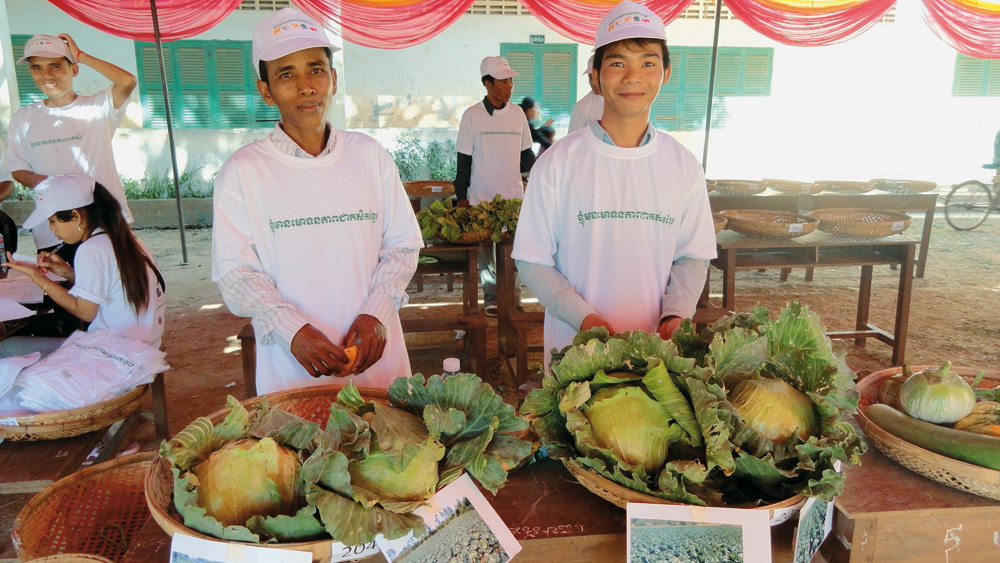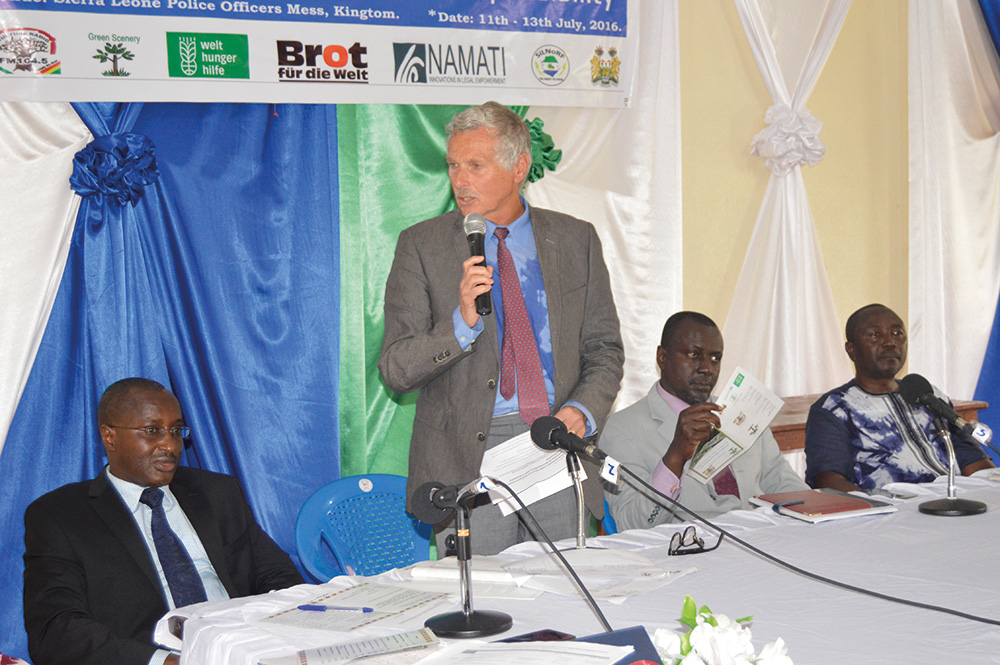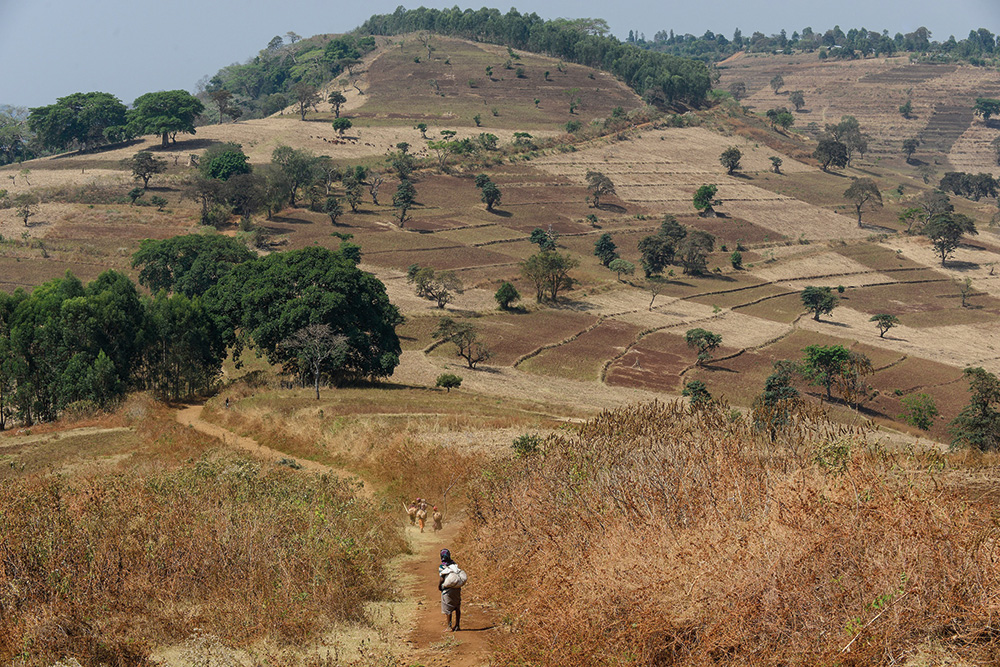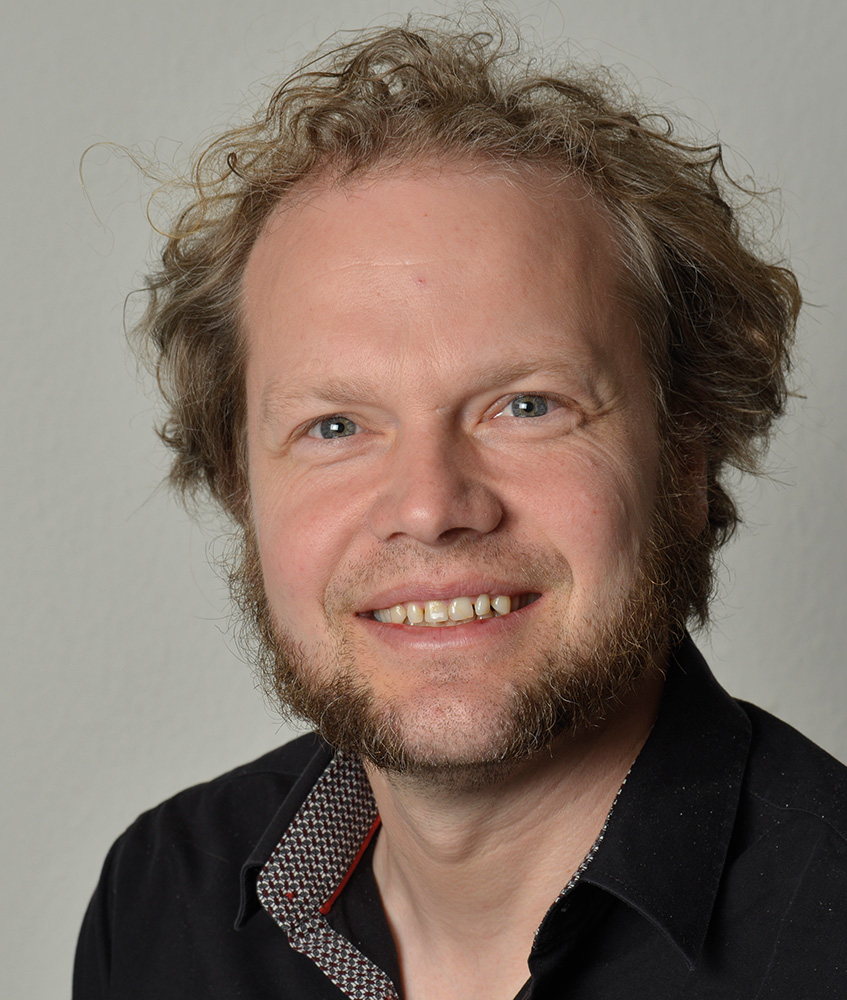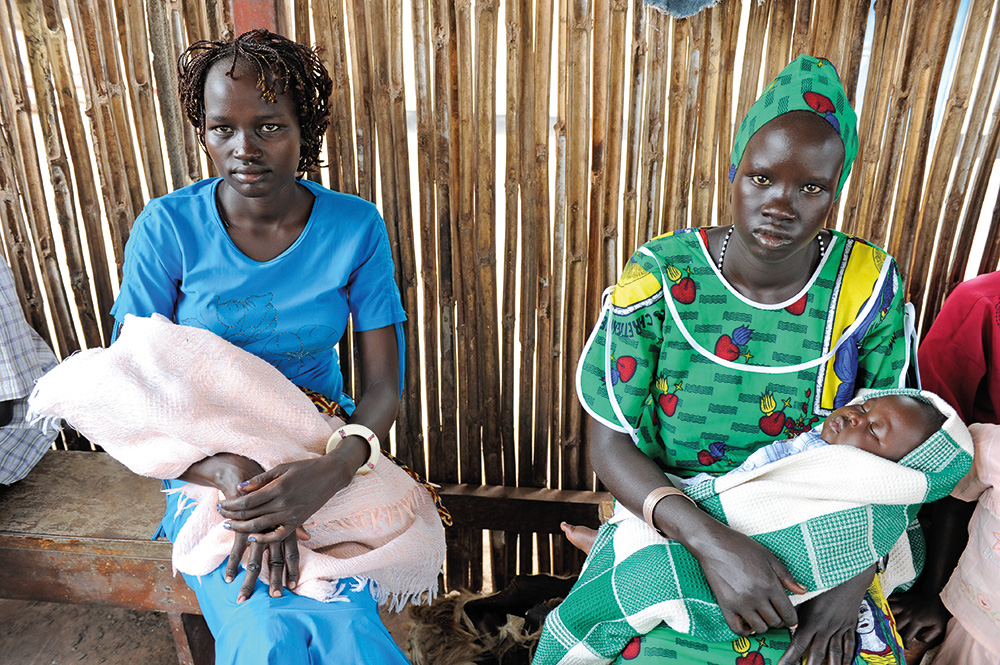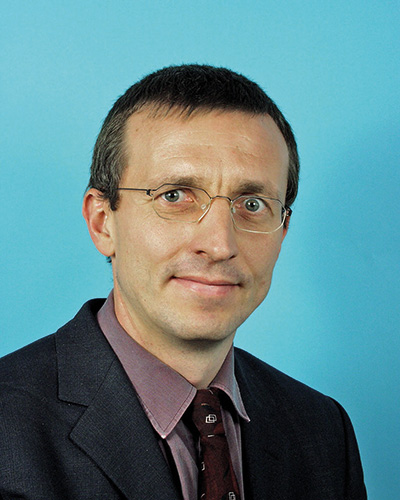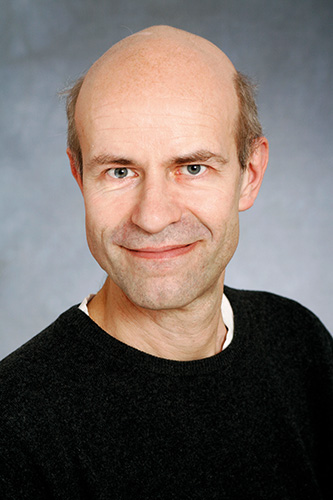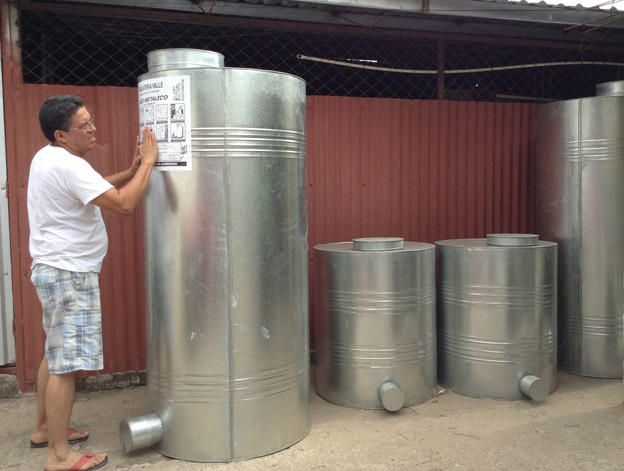Farmer-to-farmer knowledge exchange
Innovation takes place not only in laboratories, and disseminating knowledge need not depend on classrooms. The Cambodian GIZ project “Best Farmer 2012” is an example of how achievements of small-scale farmers can be appreciated and their co-farmers can simultaneously benefit from new insights.

